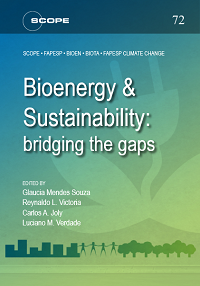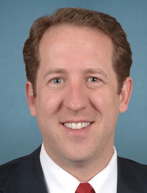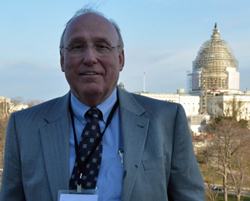 A new report shows the positive relationship between bioenergy and sustainability. The research from the São Paulo Research Foundation (FAPESP) and developed under the aegis of the Scientific Committee on Problems of the Environment (SCOPE) is based on more than 2,000 references and major studies taking a comprehensive look at the current bioenergy landscape, technologies and practices.
A new report shows the positive relationship between bioenergy and sustainability. The research from the São Paulo Research Foundation (FAPESP) and developed under the aegis of the Scientific Committee on Problems of the Environment (SCOPE) is based on more than 2,000 references and major studies taking a comprehensive look at the current bioenergy landscape, technologies and practices.
Considering an extensive evaluation of current bioenergy resources status, systems and markets, potential sustainable expansion and wider adoption of this renewable resource the authors highlight recommendations for policy and deployment of bioenergy options: liquid biofuels, bioelectricity, biogas, heat, bio-based chemicals.
This assessment is a collective effort with contributions from more than 130 experts from 24 countries, encompassing scientific studies ranging from land use and feedstocks, to technologies, impacts, benefits and policy.
The authors considered how bioenergy expansion and its impacts perform on energy, food, environmental and climate security, sustainable development and the innovation nexus in both developed and developing regions. The report also highlights numbers, solutions, gaps in knowledge and suggests the science needed to maximize bioenergy benefits.
The panel discussion with the release of the report included experts from academia, industry and NGOs presenting and discussing the current status and trends in biomass production and its possible implications for policy, communication and innovation strategies for a sustainable future.









